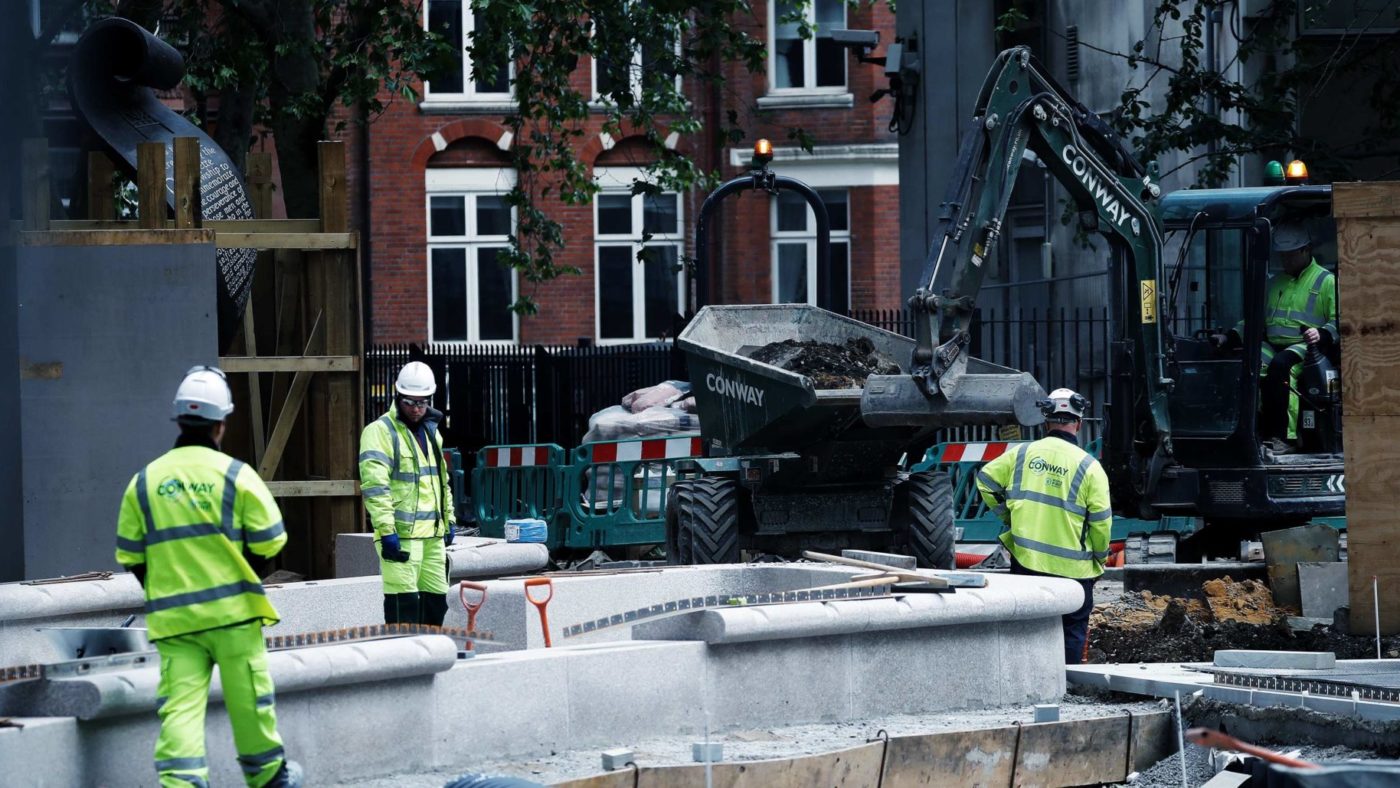More detail of the government’s post-Brexit immigration system was introduced in Parliament this week with the Immigration Bill, designed to bring in a points-based system for workers coming into the UK, debated by MPs.
Much of the media’s attention, quite understandably, focused on the potential effects of the Bill on the recruitment of health and care workers.
But the bill could also have a huge impact on the capacity of the construction industry in terms of ensuring it has the skills it needs to bounce back from the pandemic.
Since the financial crisis of 2008 when many workers left the industry, construction firms have struggled to recruit the workforce they require domestically. This means that the industry has needed a highly flexible, in part itinerant, workforce to call on, and this meant recruiting from the EU.
Figures from the Office for National Statistics show that EU nationals are a crucial part of the construction workforce – accounting for around 8% of all construction workers in the UK, and a huge 28% in London.
The skills shortage in the construction sector was critical even before the pandemic hit, with the Federation of Master Builders saying more than half of firms cannot hire the bricklayers or carpenters they need.
But the pandemic has exacerbated this situation. Many construction firms are reporting a shortage of skilled workers because significant numbers of their foreign labour supply returned home as coronavirus took hold and are reluctant to return, given the impending Brexit.
And although construction work may have started up again to some extent, sites are working with limited capacity as many skilled workers remain absent. There could be an impact on continuation of residency for immigration purposes for a lot of people who returned home, because they may end up being out of the UK for more than six months depending on restrictions in leaving their home country, – – – all of which will make things even harder for the indsutry in the medium-term.
The House of Commons approved the general principles of the bill on Monday and it will now go on to receive further scrutiny. It’s vital that the legislation is amended so that the industry can access the skilled labour it needs in order to get back on its feet again.
As it stands the bill repeals EU freedom of movement and introduces the new framework – though, crucially, not the exact details – for who can come to live in Britain. Those details need to be made clear. While the likes of civil, mechanical and electrical engineers are on the government’s Shortage Occupation List – the official list of occupations for which there are not enough resident workers to fill vacancies – the list does not currently include other trades that are crucial for fulfilling a building project, such as bricklayers or plumbers. Trades like these where there are critical shortages need to be added to the shortage list as a matter of urgency.
Secondly, with negotiations on a free trade deal looking increasingly shaky due to the pandemic, the Government needs to extend freedom of movement beyond 31 December to allow foreign-born workers to bridge the gap while more homegrown workers are trained. It takes around three to four years to fully train a bricklayer, for example, so in the short to medium term the industry needs to be able to continue to access migrant labour in a number of key site-based professions.
It’s not just construction companies that will suffer from bad legislation. The Government also needs to recognise that, without these workers, housebuilding and infrastructure targets will be missed, impacting home ownership and the economy.
At a time like this, when the UK is facing so many challenges, the role of the construction industry has never been more vital – and it has the potential to kick-start the wider economy. Ministers must do all they can to avoid penalising a sector that can help give the country the economy boost it so badly needs.
Click here to subscribe to our daily briefing – the best pieces from CapX and across the web.
CapX depends on the generosity of its readers. If you value what we do, please consider making a donation.


